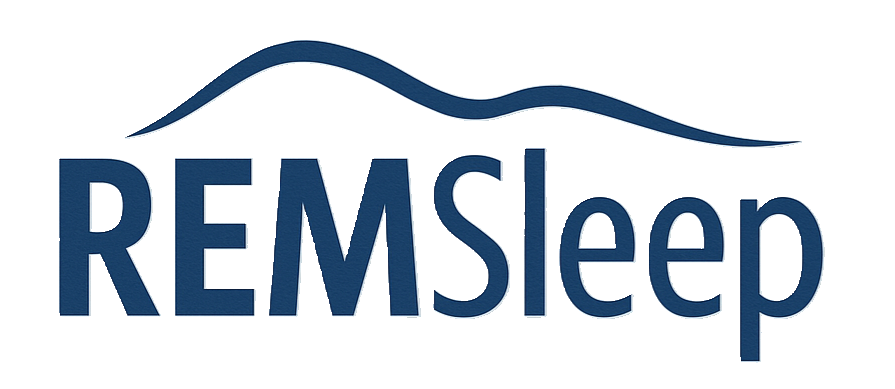Your cart is currently empty!
Nasal pillows are an attractive CPAP mask option if you have claustrophobia or air leaks.
If you have been diagnosed with sleep apnea and advised to use CPAP, you may be overwhelmed about how to choose a mask and be left wondering: what are nasal pillows? This style of CPAP mask may be just the interface you need to overcome certain problems tolerating CPAP, such as claustrophobia and air leaks. Discover whether nasal pillows CPAP masks are right for you and how to select the best one.
What Are Nasal Pillows for CPAP Therapy?
Nasal pillows are a type of CPAP mask consisting of plastic inserts that look like headphone earbuds that slip directly into the nostrils. The prescribed pressure used to keep the airway open is delivered through this mask. These small cushions rest at the end of the nose and may help to relieve problems such as air leak and claustrophobia.
Some of the most popular CPAP nasal pillow models include the Swift FX, AirFit P10, Nuance, Opus, Swift LT, and DreamWear masks. They may sometimes be combined with a mouth covering such as with hybrid masks like the Liberty or TAP PAP (which also uses an mouth guard component).
Who May Benefit from Using a Nasal Pillows Mask?
Nasal pillows are an excellent option for some people. If you suffer from claustrophobia, it may be difficult for you to tolerate having a large mask across your face. In particular, a mask blocking your eyes may be upsetting.
In this case, nasal pillows may be helpful as they only minimally obstruct your vision and have little direct contact with the face.
In addition, men with facial hair such as large mustaches or beards may have trouble getting a seal with a standard CPAP mask that fits over the nose or around the mouth.
In order to reduce the air leak, it may be necessary to cinch the mask down so tightly that it becomes uncomfortable. Nasal pillows eliminate this by applying the CPAP pressure directly into the nostrils.
Furthermore, some people prefer nasal pillows because they do not leave marks on the face from either a mask interface or the straps needed to keep the mask in place. Some people also like to have multiple mask styles to alternate from day to day as this likewise will minimize markings from the equipment.

Problems Associated with Using Nasal Pillows
Nasal pillows may not be for everyone, however. Some people do not find them comfortable. In particular, the pillows might tickle or irritate the nostrils. If they don’t fit well, they can cause sores within the nose. It is important that nasal pillows are properly sized. If they are too small, air may leak out around them and reduce the effectiveness of your treatment. Conversely, if the nasal pillows are too large they may uncomfortably stretch the nostrils.
Potentially, individuals with sensitive skin may develop a reaction to the plastic. Even in those without allergies, recurrent use of an ill-fitting mask may lead to pressure ulcers within the nostrils.
These complications are uncommon, and proper fitting will address most of the issues. Many people find nasal pillows to be a favorable option for the administration of CPAP to treat their sleep apnea.
If you are interested in trying nasal pillows, speak with your doctor or equipment provider and get fitted for a size and style that suits you.

